
Dr. Christine Miller is an affiliate tutor of the Alcuin Institute. She also serves as the Director of Adult Faith Formation & Catholic Culture at St. Bernard's Parish in Tulsa, Oklahoma.
Dr. Christine Miller is an affiliate tutor of the Alcuin Institute. She also serves as the Director of Adult Faith Formation & Catholic Culture at St. Bernard's Parish in Tulsa, Oklahoma.
← Return to EssaysStay Connected!
In private revelations to St. Faustina Kowalska in the 1930s, Jesus called for the Second Sunday of Easter to be celebrated as the Feast of Mercy or Divine Mercy Sunday. He promised the complete remission of all sin and all punishment due to sin for those who go to Confession and Communion that day.
My daughter, tell the whole world about My Inconceivable mercy. I desire that the Feast of Mercy be a refuge and shelter for all souls, and especially for poor sinners. On that day the very depths of My tender mercy are open. I pour out a whole ocean of graces upon those souls who approach the fount of My mercy. The soul that will go to Confession and receive Holy Communion shall obtain complete forgiveness of sins and punishment. On that day all the divine floodgates through which grace flow are opened. Let no soul fear to draw near to Me, even though its sins be as scarlet. My mercy is so great that no mind, be it of man or of angel, will be able to fathom it throughout all eternity. Everything that exists has come forth from the very depths of My most tender mercy. Every soul in its relation to Me will contemplate My love and mercy throughout eternity. The Feast of Mercy emerged from My very depths of tenderness. It is My desire that it be solemnly celebrated on the first Sunday after Easter. Mankind will not have peace until it turns to the Fount of My Mercy. (Diary of St. Faustina 699)
When Pope Saint John Paul II canonized St. Faustina on April 30, 2000, he established the Feast of Divine Mercy for the universal Church. The Congregation for Divine Worship and the Discipline of the Sacraments followed with an official decree on May 23, 2000 regarding Divine Mercy Sunday. On June 29, 2002, another decree granted a plenary indulgence under the usual conditions for those who honor the Divine Mercy on that day. A plenary (“full”) indulgence is granted by the Church for certain acts of devotion judged to be of great spiritual benefit. The one who obtains such an indulgence is released from any punishment in Purgatory that they may have justly incurred up to that point.
There has been some debate about whether the promise Jesus made regarding the “complete forgiveness of sin and punishment” on Divine Mercy Sunday is one and the same as the plenary indulgence established by the Church in 2002.
Why does this matter?
A plenary indulgence is obtained only under certain conditions – complete detachment from sin, Confession within a certain period of time, the reception of Holy Communion, and prayers for the intentions of the Holy Father. In addition to these, the plenary indulgence of Divine Mercy Sunday also requires:
- “in any church or chapel, in a spirit that is completely detached from the affection for a sin, even a venial sin, take part in the prayers and devotions held in honor of Divine Mercy
- or, in the presence of the Blessed Sacrament exposed or reserved in the tabernacle, recite the Our Father and the Creed, adding a devout prayer to the merciful Lord Jesus (e.g. “Merciful Jesus, I trust in you!”).”
Some people may be discouraged to learn that they must conduct their devotions “in a spirit that is completely detached from the affection for a sin, even a venial sin” in order to receive the grace of Divine Mercy Sunday. If Jesus’ promised graces and the plenary indulgence established by the Church are one and the same, then it would seem that only those who are already quite holy can obtain the graces promised by Jesus. Who can say with certainty that they are free from all affection for sin, even venial sin? It seems to me that to understand the grace of Divine Mercy Sunday as one and the same as the plenary indulgence contradicts the very meaning and object of the feast, which is an outpouring of mercy for sinners. In his words to St. Faustina, Jesus requires that we go to Confession and Holy Communion to obtain the promised graces.
On the other hand, Jesus commands us to “be perfect as your heavenly father is perfect” and calls us to love as He loves. No one gets a free pass to live a life of sin – or even mediocrity, for that matter. To understand Divine Mercy Sunday as a loophole to authentic conversion and sanctification of our lives would amount to the sin of presumption. We could say the same thing about going to Confession. We need to cultivate true repentance and the sincere effort to change our lives.
So, how should we receive the graces of this great feast? Should we strive for the indulgence or just put our hope in Jesus’ words to St. Faustina? I would make the following suggestion.
Divine Mercy Sunday is a day for sinners, and we are all sinners. It offers us the opportunity to let ourselves be healed of sin and relieved of the just punishment that is their due. Trust is the means by which we obtain God’s mercy, not by a fearful withholding of our lives and troubles from our loving God. So I think we have every reason to celebrate this feast and hope for the graces promised by Jesus.
God’s mercy is not, however, an excuse to tolerate sin in our lives. Finding ourselves reluctant to devote ourselves wholeheartedly to God, we can pray for the grace we need to overcome whatever is holding us back. We can strive for “complete detachment from sin” by considering how unreasonable and ungrateful it would be to seek God’s gifts – and every good thing in our lives is His gift – while persevering in offending Him.
Let’s strive sincerely and wholeheartedly to fulfill the requirements for receiving a plenary indulgence on Divine Mercy Sunday. If after our best efforts, God finds that we still fall short, let’s entrust our misery to Him. The Mercy of God is capable of working miracles. Let’s open our hearts to Him and give him permission to change us.
Concerning the Feast of Mercy Jesus said:
Whoever approaches the Fountain of Life on this day will be granted complete forgiveness of sins and punishment. (Diary of St. Faustina 300)
I want the image solemnly blessed on the first Sunday after Easter, and I want it to be venerated publicly so that every soul may know about it. (Diary 341)
This Feast emerged from the very depths of My mercy, and it is confirmed in the vast depths of my tender mercies. (Diary 420)
On one occasion, I heard these words: My daughter, tell the whole world about My Inconceivable mercy. I desire that the Feast of Mercy be a refuge and shelter for all souls, and especially for poor sinners. On that day the very depths of My tender mercy are open. I pour out a whole ocean of graces upon those souls who approach the fount of My mercy. The soul that will go to Confession and receive Holy Communion shall obtain complete forgiveness of sins and punishment. On that day all the divine floodgates through which grace flow are opened. Let no soul fear to draw near to Me, even though its sins be as scarlet. My mercy is so great that no mind, be it of man or of angel, will be able to fathom it throughout all eternity. Everything that exists has come forth from the very depths of My most tender mercy. Every soul in its relation to Me will contemplate My love and mercy throughout eternity. The Feast of Mercy emerged from My very depths of tenderness. It is My desire that it be solemnly celebrated on the first Sunday after Easter. Mankind will not have peace until it turns to the Fount of My Mercy. (Diary 699)
Yes, the first Sunday after Easter is the Feast of Mercy, but there must also be deeds of mercy, which are to arise out of love for Me. You are to show mercy to our neighbors always and everywhere. You must not shrink from this or try to absolve yourself from it. (Diary 742)
I want to grant complete pardon to the souls that will go to Confession and receive Holy Communion on the Feast of My mercy. (Diary 1109)
More Reading

Dr. Christine Miller is an affiliate tutor of the Alcuin Institute. She also serves as the Director of Adult Faith Formation & Catholic Culture at St. Bernard's Parish in Tulsa, Oklahoma.


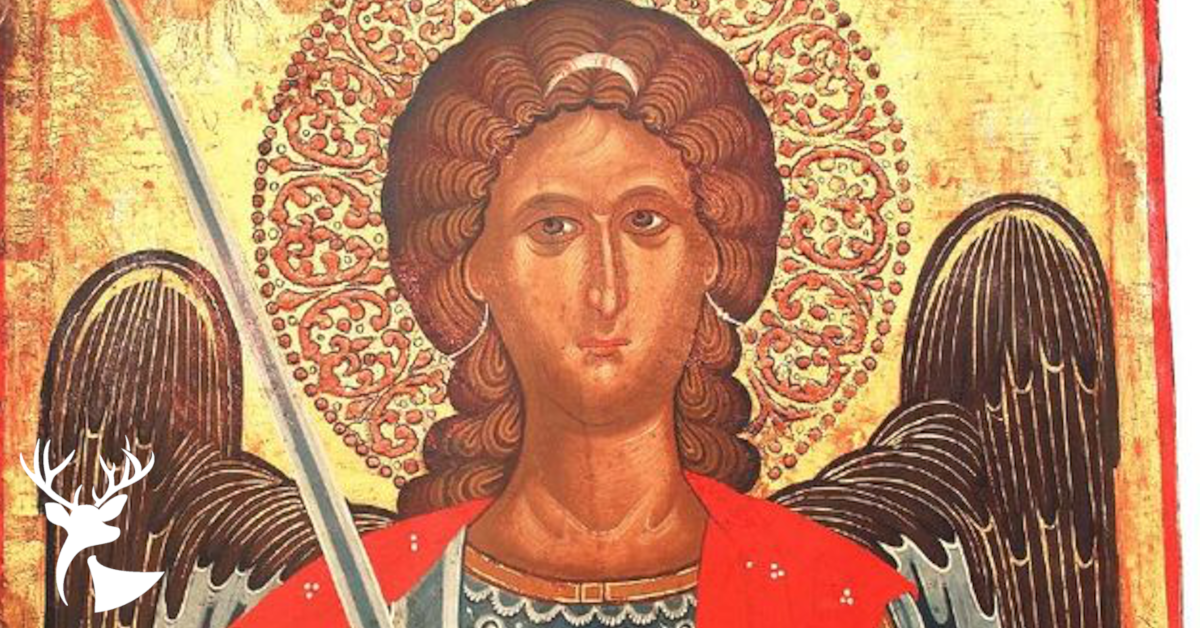
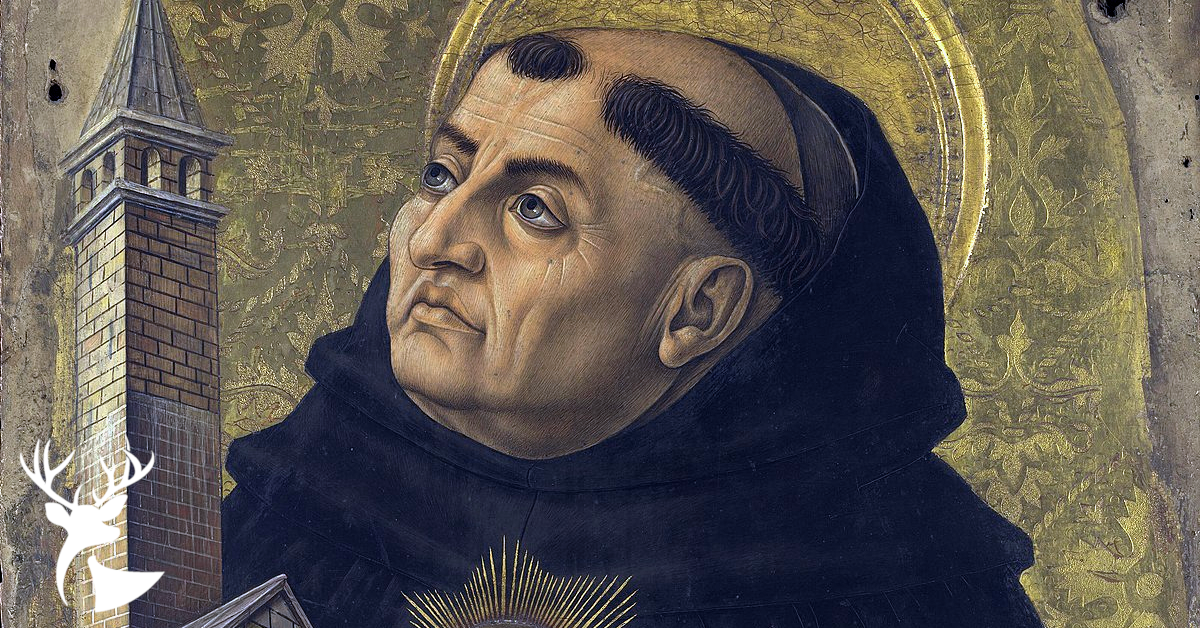
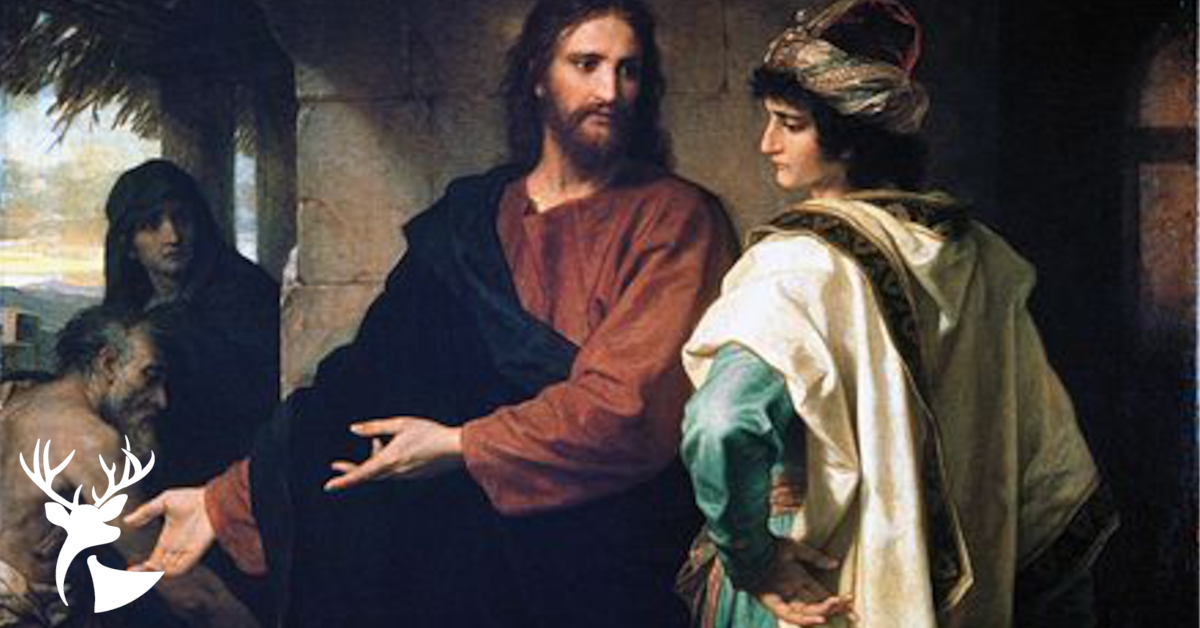
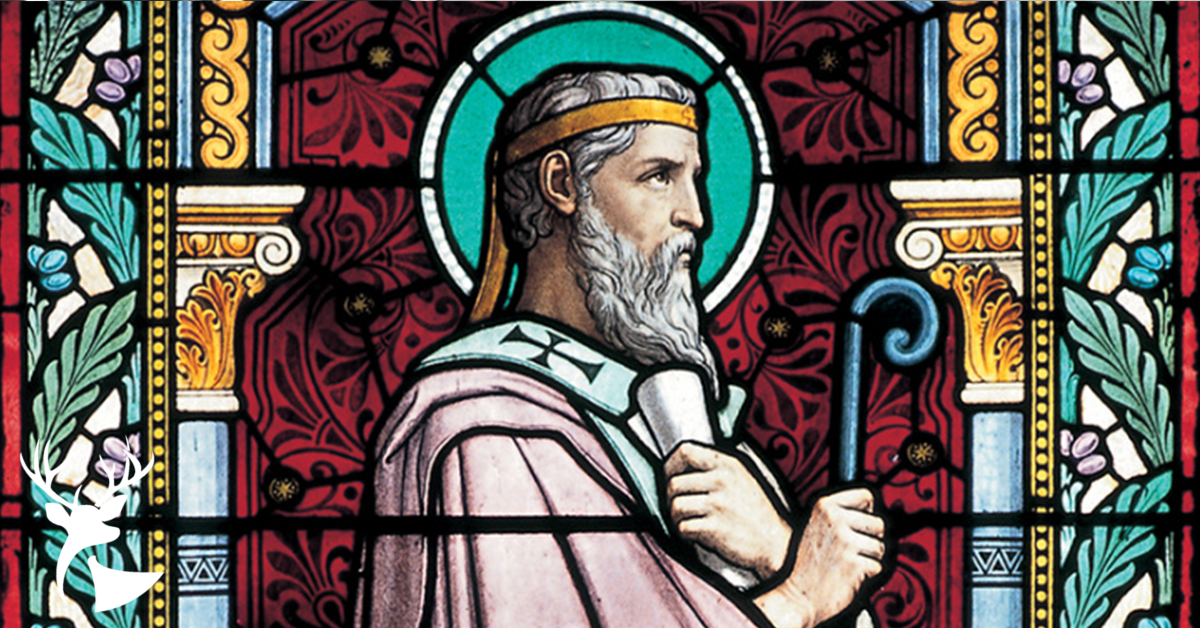
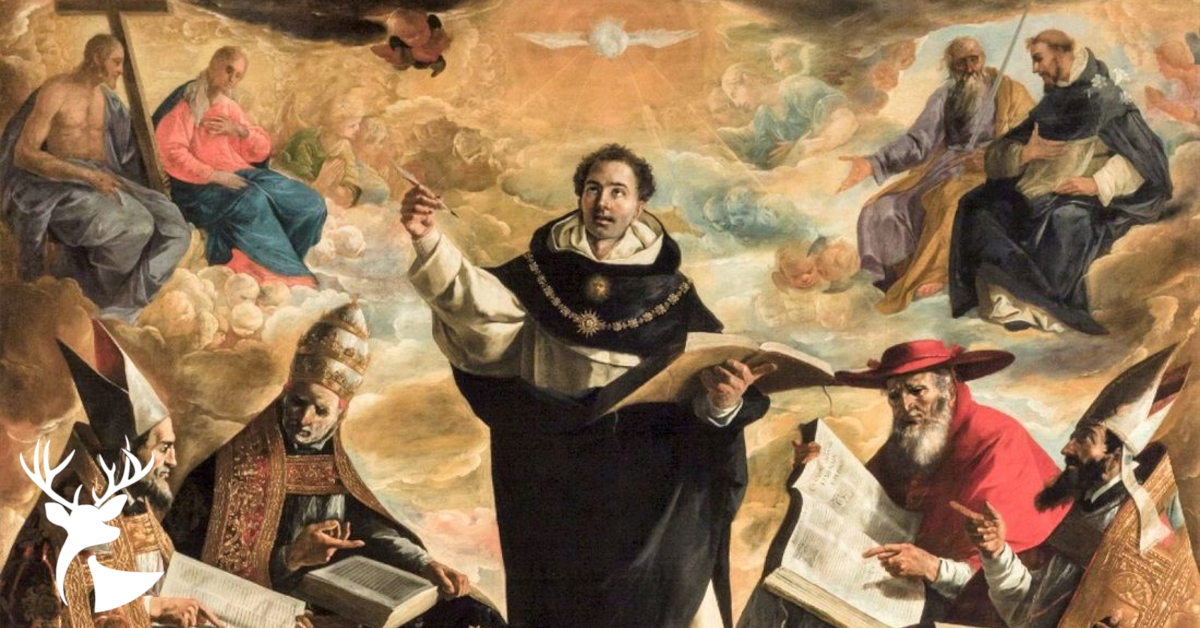

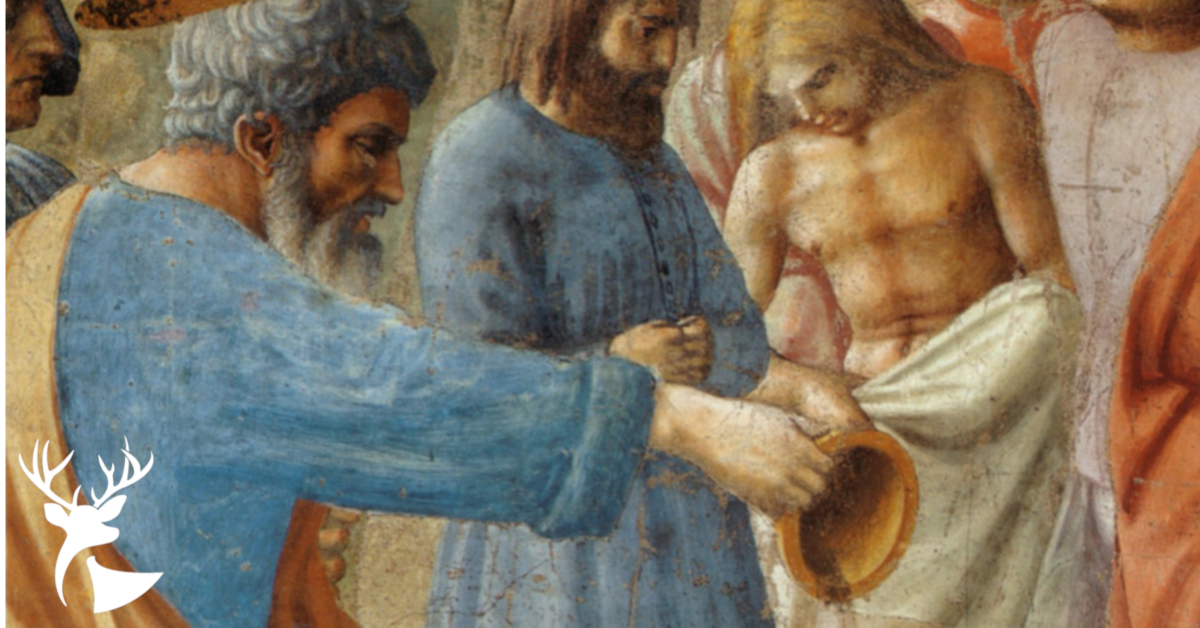
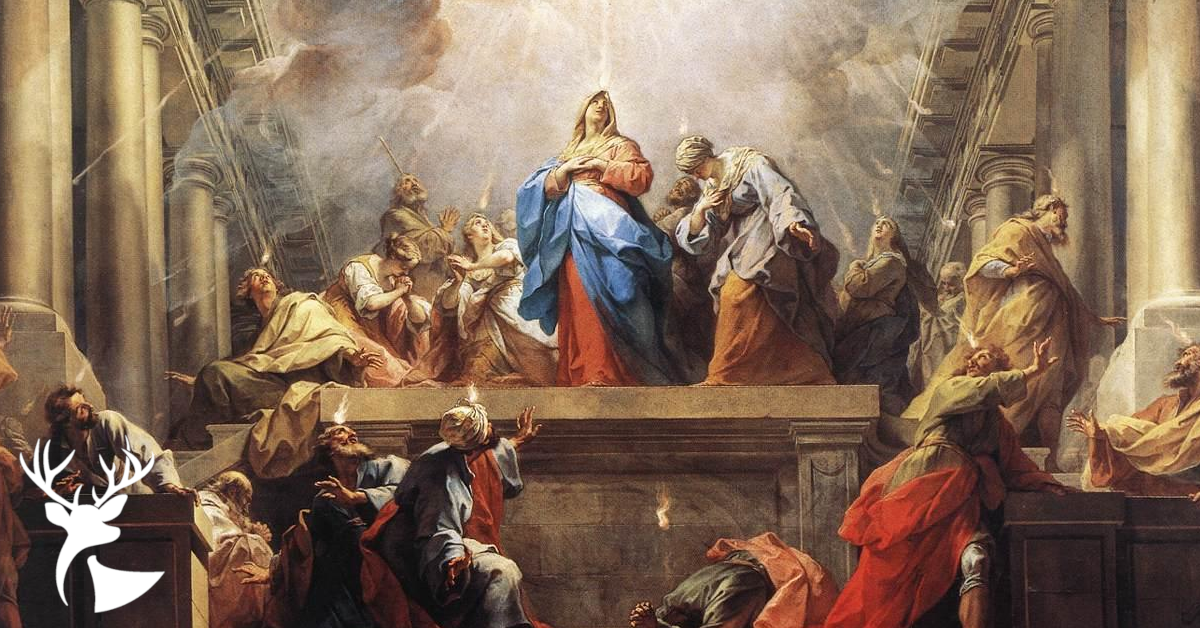
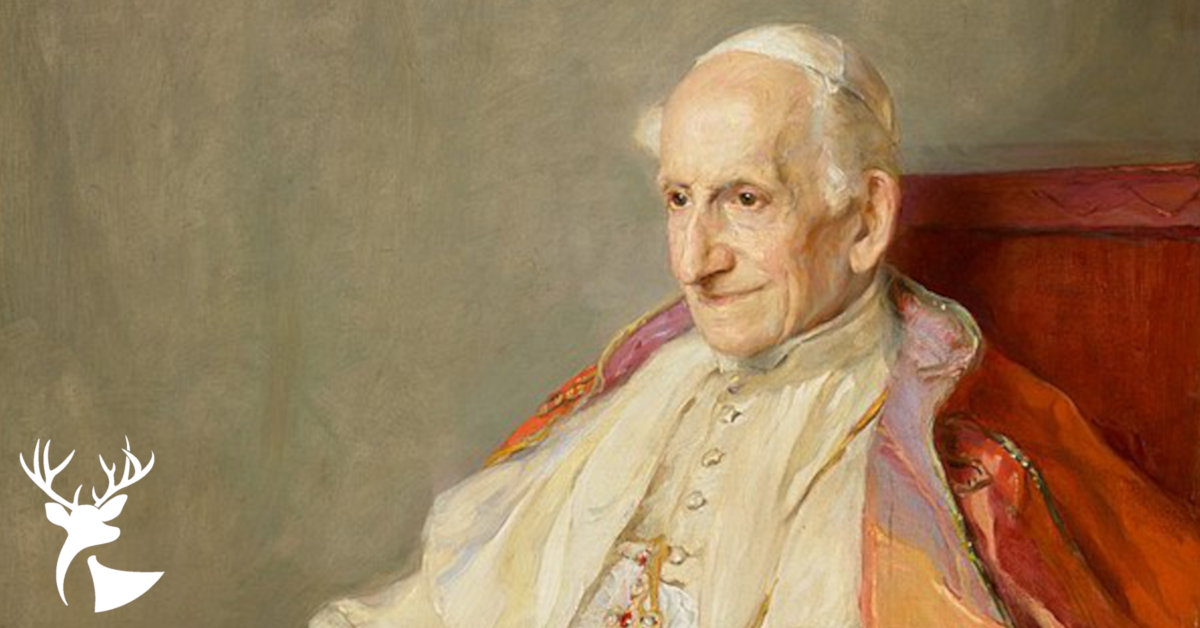
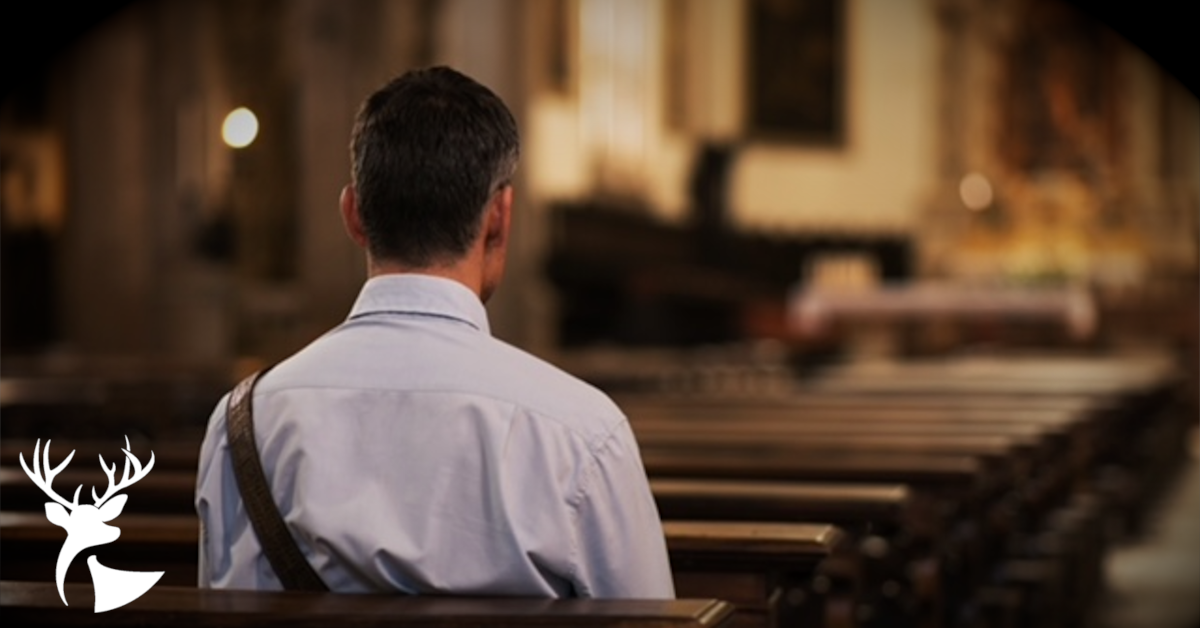
Thank you, Dr. Miller! This was helpful, hopeful and beautiful to read! 🙂